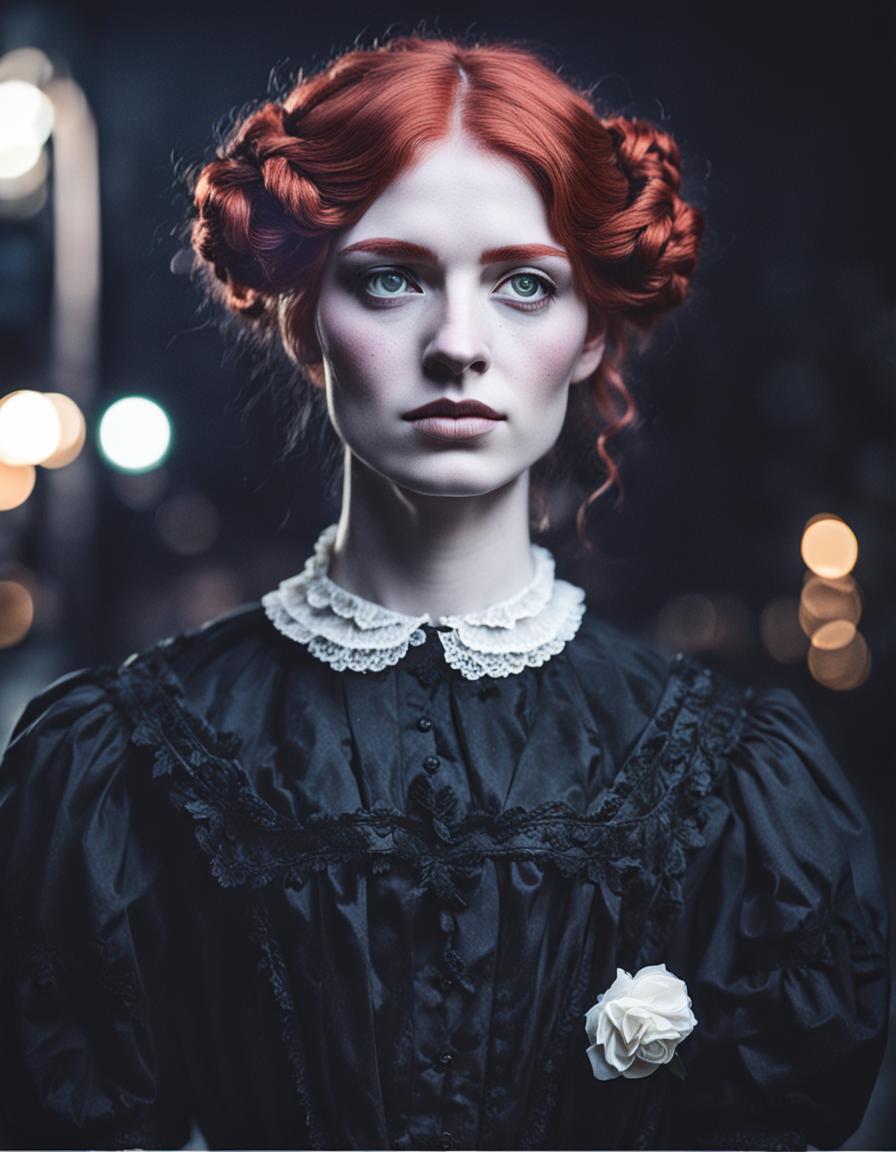Violet Mary Firth: Difference between revisions
| Line 5: | Line 5: | ||
=Bio= | =Bio= | ||
==Introduction== | ==Introduction== | ||
Occultist, medium, and author Dion Fortune (1890-1946) presented her beliefs in Christian mysticism, pantheism, magic, and psychology through her published works and her association with the Hermetic Order of the Golden Dawn and the establishment of the Fraternity of the Inner Light. | ''"Occultist, medium, and author Dion Fortune (1890-1946) presented her beliefs in Christian mysticism, pantheism, magic, and psychology through her published works and her association with the Hermetic Order of the Golden Dawn and the establishment of the Fraternity of the Inner Light."'' | ||
As a medium, Fortune went to lengths to explain that she did not disturb the spirits of the dead, but rather channeled an intelligence from a higher plane of existence. Her first essays to contain such explanations appeared in the British magazine The Occult Review in the mid-1920s and, later, in her own magazine, The Inner Light, which she edited from 1927 to 1940. Much of this work reflects her interest in the legends of King Arthur and the Knights of the Round Table as well as the legends of the Welsh poem The Mabinogian. Believing that the historical basis of the Arthurian legends existed in the English countryside at Glastonbury in Somerset, she established a retreat for the Fraternity of the Inner Light there. According to Fortune biographer and essayist Gareth Knight in his introduction to Aspects of Occultism, "She maintained a deep sympathy for the renaissance of native tradition, where she felt this tradition had its heart, combined with an early form of Christianity via the legends of Joseph of Arimathea and of the Holy Grail." | |||
Fortune also examined these concerns in several works of fiction, including her novels The Winged Bull and The Goat-Foot God, which displayed the pantheistic thematic concerns of D. H. Lawrence. Some later works attributed to Fortune's authorship were reputedly dictated from the afterlife to the medium Margaret Lumley Brown. In other essays and fiction, she examined feminine mythological archetypes, human sexuality as a generator of psychic energies, and the visionary and magical concept of pathworkings, an expanded method of the Golden Dawn's explorations of the Tree of Life. | |||
<br> | <br> | ||
------ | ------ | ||
Revision as of 00:54, 28 September 2024
Bio
Introduction
"Occultist, medium, and author Dion Fortune (1890-1946) presented her beliefs in Christian mysticism, pantheism, magic, and psychology through her published works and her association with the Hermetic Order of the Golden Dawn and the establishment of the Fraternity of the Inner Light."
As a medium, Fortune went to lengths to explain that she did not disturb the spirits of the dead, but rather channeled an intelligence from a higher plane of existence. Her first essays to contain such explanations appeared in the British magazine The Occult Review in the mid-1920s and, later, in her own magazine, The Inner Light, which she edited from 1927 to 1940. Much of this work reflects her interest in the legends of King Arthur and the Knights of the Round Table as well as the legends of the Welsh poem The Mabinogian. Believing that the historical basis of the Arthurian legends existed in the English countryside at Glastonbury in Somerset, she established a retreat for the Fraternity of the Inner Light there. According to Fortune biographer and essayist Gareth Knight in his introduction to Aspects of Occultism, "She maintained a deep sympathy for the renaissance of native tradition, where she felt this tradition had its heart, combined with an early form of Christianity via the legends of Joseph of Arimathea and of the Holy Grail."
Fortune also examined these concerns in several works of fiction, including her novels The Winged Bull and The Goat-Foot God, which displayed the pantheistic thematic concerns of D. H. Lawrence. Some later works attributed to Fortune's authorship were reputedly dictated from the afterlife to the medium Margaret Lumley Brown. In other essays and fiction, she examined feminine mythological archetypes, human sexuality as a generator of psychic energies, and the visionary and magical concept of pathworkings, an expanded method of the Golden Dawn's explorations of the Tree of Life.
Appearance
Behavior
History
Recent Events
